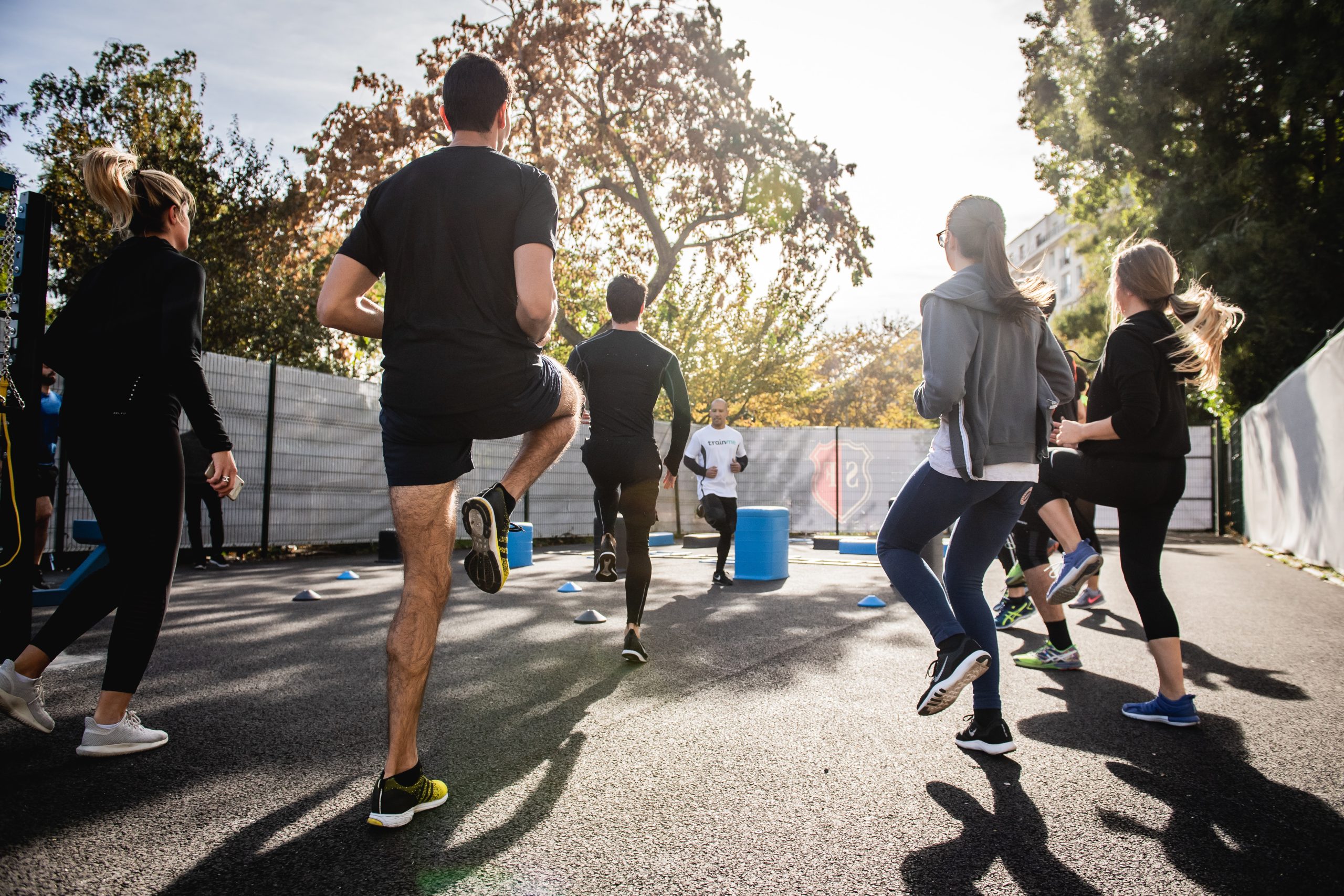
Exercise and Autoimmune Conditions
The Role of Exercise in Managing Autoimmune Conditions
Exercise is a powerful tool for managing autoimmune conditions, offering benefits such as reduced inflammation, improved mobility, and enhanced mental well-being. However, navigating the dos and don’ts of exercise is crucial to avoid overexertion and flare-ups. At our physiotherapy and exercise physiology clinic, we’re here to guide you through the best practices for exercising for autoimmune conditions.
The Benefits of Exercise for Autoimmune Conditions
Regular exercise can positively impact autoimmune conditions by:
- Reducing Inflammation: Physical activity helps regulate the immune system and lower inflammation levels.
- Improving Mobility: Strengthening muscles and maintaining joint flexibility can alleviate stiffness and discomfort.
- Boosting Energy Levels: Exercise combats fatigue, a common symptom of many autoimmune conditions.
- Enhancing Mental Health: Physical activity releases endorphins, improving mood and reducing stress.
The Dos of Exercising with Autoimmune Conditions
- Start Slow:
- Begin with low-impact activities like walking, swimming, or cycling to avoid overexertion.
- Listen to Your Body:
- Pay attention to how you feel during and after exercise. Adjust intensity or duration if needed.
- Focus on Consistency:
- Aim for regular, moderate activity rather than sporadic, intense sessions.
- Incorporate Strength Training:
- Use light weights or resistance bands to build muscle and support joint stability.
- Practice Flexibility Exercises:
- Gentle stretching or yoga can improve range of motion and reduce stiffness.
- Stay Hydrated:
- Drink plenty of water before, during, and after exercise to support recovery.
The Don’ts of Exercising with Autoimmune Conditions
- Don’t Overdo It:
- Avoid pushing through pain or fatigue, as this can lead to flare-ups.
- Don’t Skip Warm-Ups and Cool-Downs:
- Prepare your body for activity and aid recovery with proper warm-ups and cool-downs.
- Don’t Ignore Flare-Ups:
- Rest and modify your routine if symptoms worsen. Pushing through a flare-up can exacerbate symptoms.
- Don’t Compare Yourself to Others:
- Focus on your progress and capabilities, not someone else’s fitness level.
- Don’t Neglect Professional Guidance:
- Work with a physiotherapist or exercise physiologist to create a safe and effective exercise plan.
How Our Clinic Can Help
At our physiotherapy and exercise physiology clinic, we specialize in creating personalized exercise programs for individuals with autoimmune conditions. Here’s how we can support you:
- Assessment: Evaluate your current fitness level, symptoms, and goals.
- Customized Plans: Design exercises tailored to your needs and limitations.
- Monitoring and Adjustment: Provide ongoing support to ensure your program remains effective and safe.
- Education: Teach you techniques to manage symptoms and prevent flare-ups.
Tips for Staying Motivated
- Set Realistic Goals:
- Focus on small, achievable milestones to build confidence and track progress.
- Find Activities You Enjoy:
- Choose exercises that you look forward to, making it easier to stay consistent.
- Buddy Up:
- Exercise with a friend or join a group for added support and accountability.
- Celebrate Progress:
- Acknowledge improvements in strength, mobility, or energy levels, no matter how small.
Learn About The Exercises for Autoimmune Conditions
Exercise is a vital component of managing autoimmune conditions, but it’s essential to approach it with care and guidance. By understanding the dos and don’ts, you can create a routine that supports your health and well-being without exacerbating symptoms. At our clinic, we’re here to help you every step of the way, offering expert advice and personalized care.
Ready to take control of your health through exercise? Contact us today to book an appointment and start your journey toward improved mobility, reduced pain, and enhanced quality of life.
If you having trouble understanding your autoimmune conditions and flare up, reach out to Pivotal Motion Physiotherapy, we’re here to help you feel your best. Get in touch with us today, and our team will be able to discuss with you in more depth on how we can help you. Book online or call us on 3352 5116.







